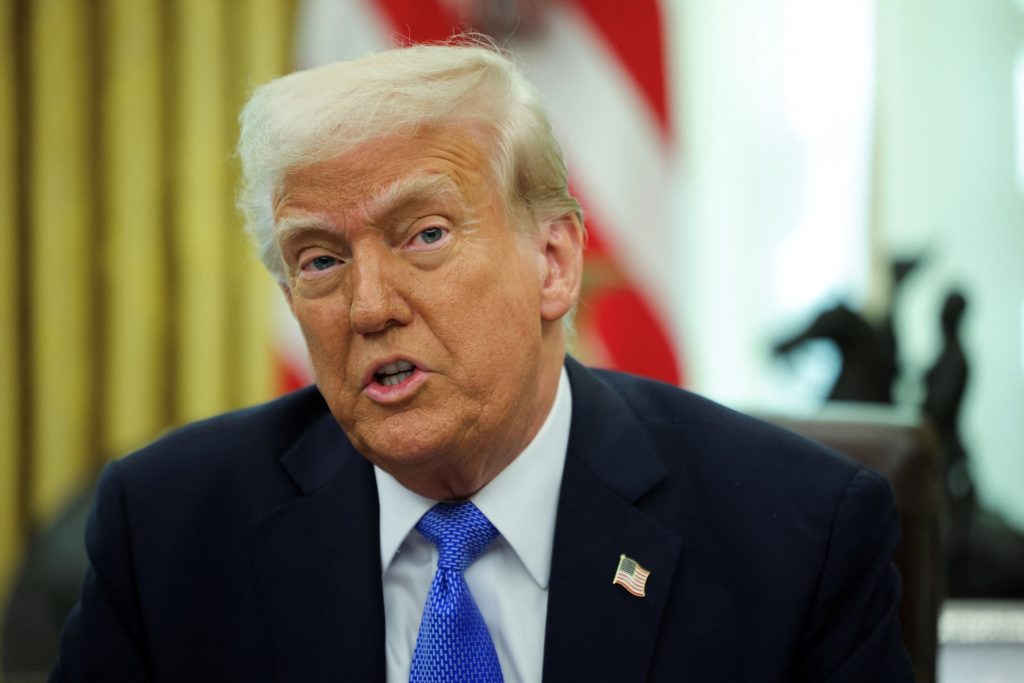Trump’s Admin Targets Harvard Tax Exemption, Budget, and Privacy Laws
The administration of President Donald Trump made a significant appeal to the Supreme Court, and suggested major alterations to the budget this past Friday. In addition to these measures, the status of Harvard’s tax exemption was brought into serious question. This flurry of activity occurred after the administration observed the 100-day mark of President Trump’s latest tenure.
Among the key actions taken on this eventful Friday was an emergency appeal to the Supreme Court. The appeal was launched by the administration with the aim to secure permission for the Department of Government Efficiency (DOGE) to access the Social Security systems containing the personal data of U.S. citizens.
DOGE’s interest in these systems emerges against the backdrop of a court ruling that restricted access, citing concerns about breaches of federal privacy laws. This appeal, made in urgency, illustrates an attempt by the Trump administration to bypass these restrictions.
In parallel to the Supreme Court appeal, the first budget proposal since President Trump resumption of office was unveiled by the White House. The focal point of this budget plan is a significant reduction in non-defense spending, on the order of upwards of $160 billion.
Alongside these proposed cuts, requests were made to Congress to escalate funding for two key areas – the Pentagon and the Department of Homeland Security. The proposal indicates a clear intent from the Trump administration to recalibrate the nation’s spending priorities.
President Trump didn’t limit his key moves to the budget and the Social Security systems appeal. In parallel, he renewed his threat, using social media as a platform, to withdraw the longstanding tax-exempt status granted to Harvard University.
This threat made towards Harvard correlates with recent campus activism incidents, viewed by the administration as crossing certain boundaries. Harvard’s tax exemption, institutionalized for several years, now stands on uncertain grounds amidst these recent developments.
This compelling series of events unfolding on Friday was followed by President Trump’s executive order signed a day earlier. This order aspires to drastically decrease federal funding allocated to Public Broadcasting Service (PBS) and National Public Radio (NPR).
The order signed by Trump against PBS and NPR is spurred by administration views that these platforms exhibit reporting bias. The move presents a palpable manifestation of the administration’s ongoing efforts to streamline spending and recalibrate policies.
Reflecting upon these policy changes and the intent behind them provides insight into the administration’s strategic direction. The rapid pace of these decisive announcements reflects on the proactive measures taken by the administration.
The comprehensive nature of these actions – touching upon issues of privacy, budget adjustments, campus activism, and broadcasting – reflects a wide scope. They represent a snapshot of the multifaceted and ongoing challenges shaping the nation’s administrative agenda.
These instances suggest an administration that is eager to leave its mark across diverse sectors, expeditiously. While each move is distinct, they collectively underline the emerging narrative of the Trump administration.
As we continue to observe these developments unfold, it becomes abundantly clear that the landscape of policy and reforms is fast-paced and ever-evolving. These actions, while decisive, represent only a fraction of the complex dynamics shaping the future of the country.

